The original 1992 Twingo sold over 4.1 million units by fostering a sense of personality that made city driving feel less like a chore. Three decades later, Renault is attempting the same trick with batteries instead of hydrocarbons. First shown at the 2024 Paris Motor Show, the Twingo has gone from concept to production in just 100 weeks thanks to raiding the 5's parts bin and cutting internal red tape.
Under the retro skin lies the same AmpR Small architecture that underpins the 5 and forthcoming 4 E-Tech, meaning the fundamentals have already been proven. Power comes from a 60kW (82bhp) front-mounted motor delivering 175Nm of torque, and with just 1,200kg to hustle, 0-62mph comes up in 12.1 seconds. The supermini will also go on to a top speed of 81mph. As if to prove the little EV has enough zip to cope with the cut and thrust of city driving, Renault has also quoted a 0-31mph time, which takes 3.85 seconds.
Energy comes from a 27.5kWh lithium-iron-phosphate battery using LFP cells. Renault states these are cheaper to produce than the nickel-manganese-cobalt chemistry used in most EVs, whilst sidestepping the ethical and supply-chain complications associated with cobalt mining. The downside is lower energy density, though a claimed WLTP range of 163 miles should prove adequate.
Charging happens through a 6.6kW AC onboard charger as standard – taking around four hours to go from 10 to 100 per cent. Optional upgrades bring 11kW AC and 50kW DC capability, the latter managing a 10-80 per cent charge in roughly half an hour.
But enough about cells and sockets – the reason for covering the Twingo EV is how faithfully it channels the original, as if that car has been run through a photocopier at 110 per cent scale with a smoothness filter applied from Instagram. The arched daytime running lights, three decorative bonnet vents, and that smiling grille are all present, while the silhouette remains a single, rounded volume with short overhangs and a tall roofline. Even the Twingo script on the tailgate uses a modernised version of the original typeface.
The wheelbase, however, has grown to 2.49 metres, pushing its 18-inch wheels to the corners and giving the car a more planted stance. Launch colours include Absolute Red, Mango Yellow, and Absolute Green – the latter carried directly from the 2023 concept.
Inside, the interior takes practicality to heart, with two independent rear seats slide forward or back by 17cm like a demi Espace, prioritising either knee room or boot space depending on need. Maximum luggage capacity is 360 litres with the seats back, expanding beyond 1,000 litres with them folded. The dashboard pairs a 7-inch driver display with a 10-inch central touchscreen. All models include smartphone mirroring and cruise control as standard, while Techno trim adds OpenR Link with Google built-in, automatic wipers, and a folding front passenger seat. Body-coloured accents brighten things up, and small touches such as the slogan on the seat straps, and the red hazard button – are directly inspired by the original.
Techno models also bring adaptive cruise with Stop & Go, lane-keeping assist, rear emergency braking, and hands-free parking. For handling basic queries, there's even a digital assistant called Reno, complete with ChatGPT integration.
Perhaps in an effort to recapture some of that original character, Renault has enlisted Jean-Michel Jarre to shape the Twingo's sonic identity. The French synth-pop pioneer has designed everything from charging alerts to drive mode selection sounds, giving the car a distinctive audio personality. Whether that translates to genuine charm or just marketing novelty will depend on the execution.
As for driving character, the front suspension is lifted straight from the 5, while the rear swaps that car's multi-link setup for a simpler torsion beam borrowed from the Captur. It's a necessary cost-saving decision, but one that could lead to a firmer ride quality, especially on 18-inch wheels. One-pedal driving is available on Techno trim, with regenerative braking capable of bringing the car to a full stop.
Safety equipment includes six airbags, a fatigue-monitoring camera, and Renault's Fireman Access system for rapid battery cooling in emergencies. Standard features cover automatic emergency braking, blind-spot monitoring, and rear cross-traffic alert. Renault also claims the Twingo's lifecycle carbon footprint is 60 per cent lower than an equivalent petrol city car, thanks in part to its Eurocentric production, with the car due to be assembled at the Novo Mesto plant in Slovenia.
The Twingo E-Tech Electric will do battle with the equally promising VW ID.Every1, which remains a concept for now but is also scheduled for production in 2027. If Renault delivers on its sub-£20,000 promise, the French manufacturer looks set to have another breadwinner on its hands.
-01.svg)
.avif)

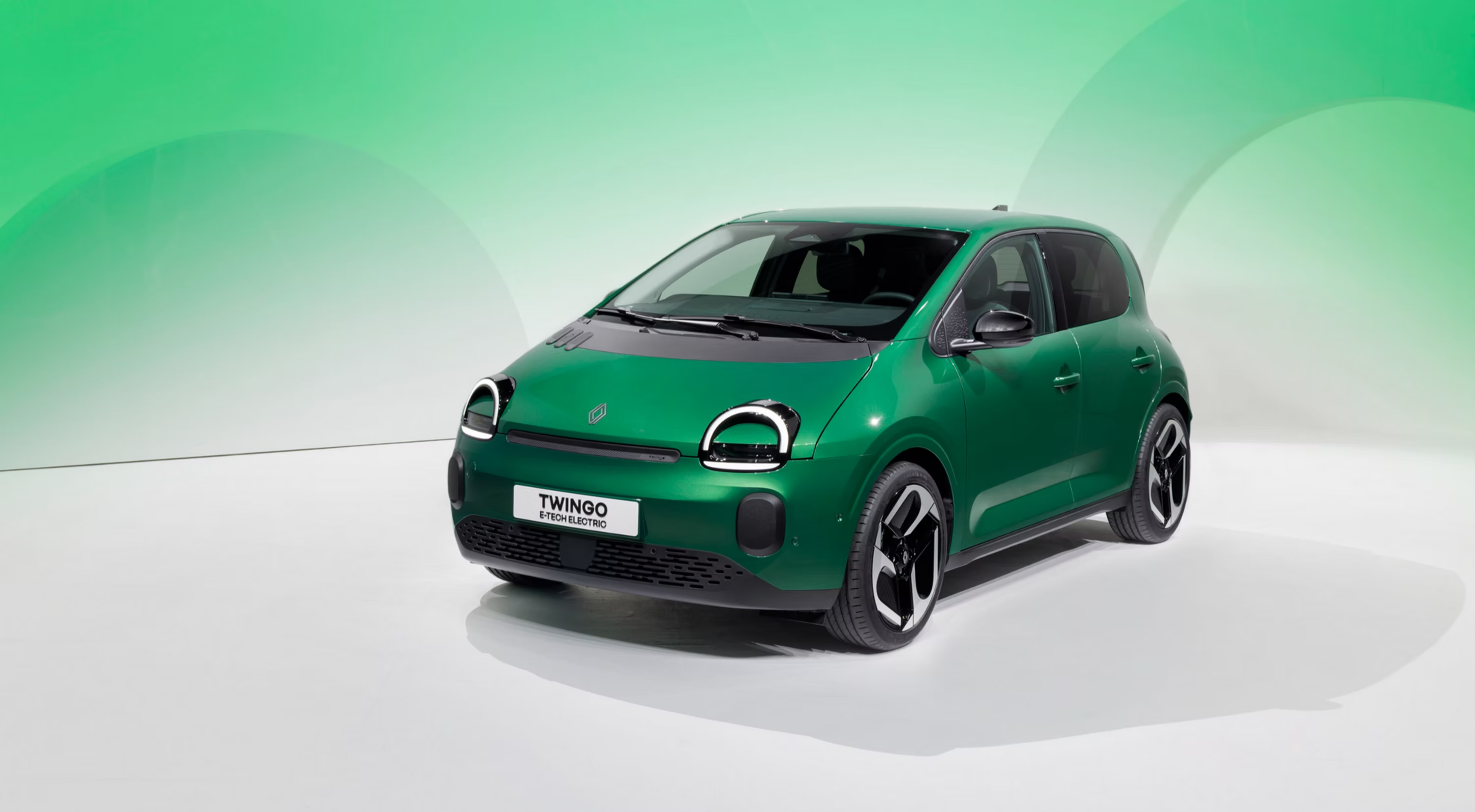
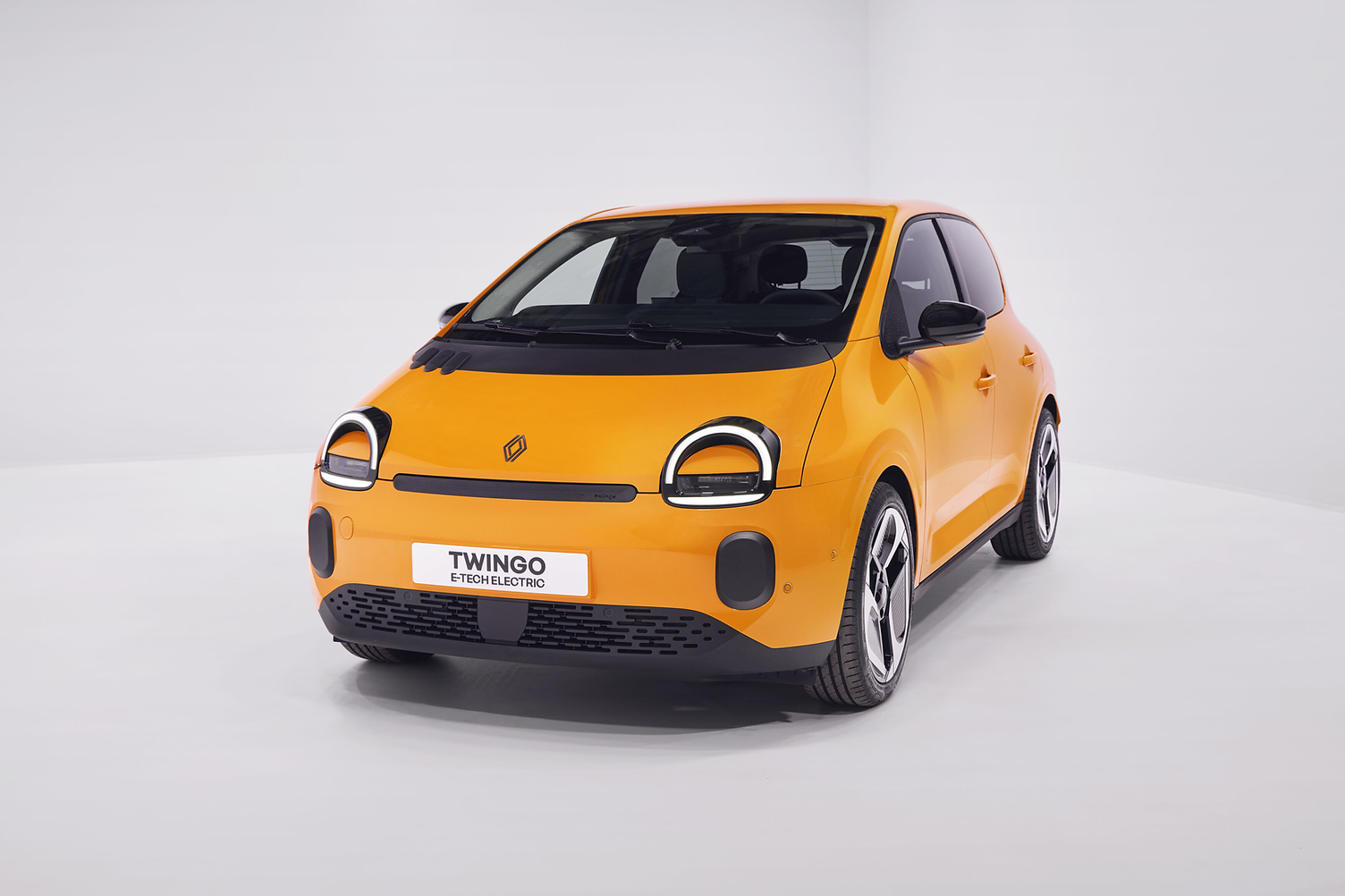
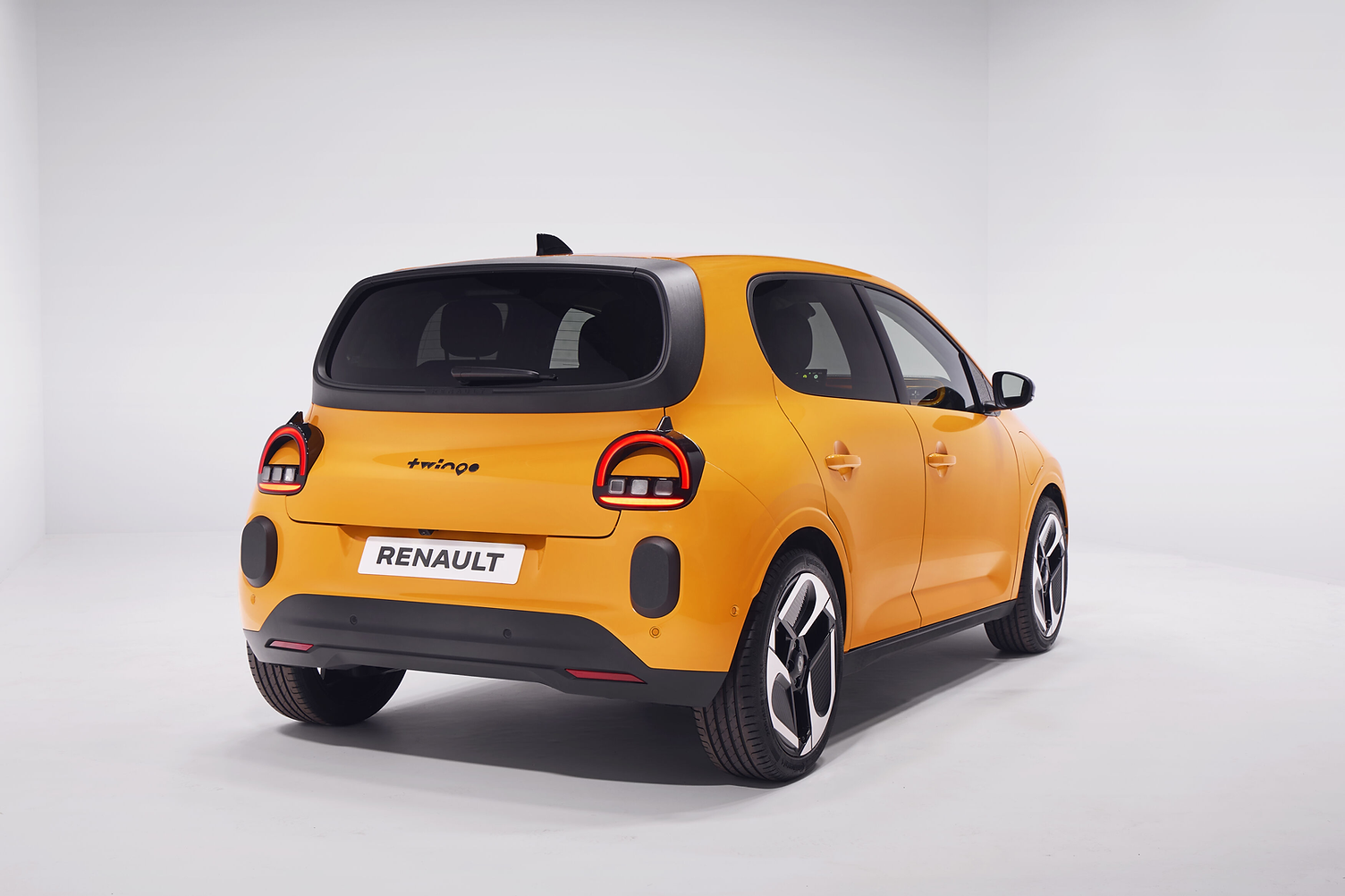
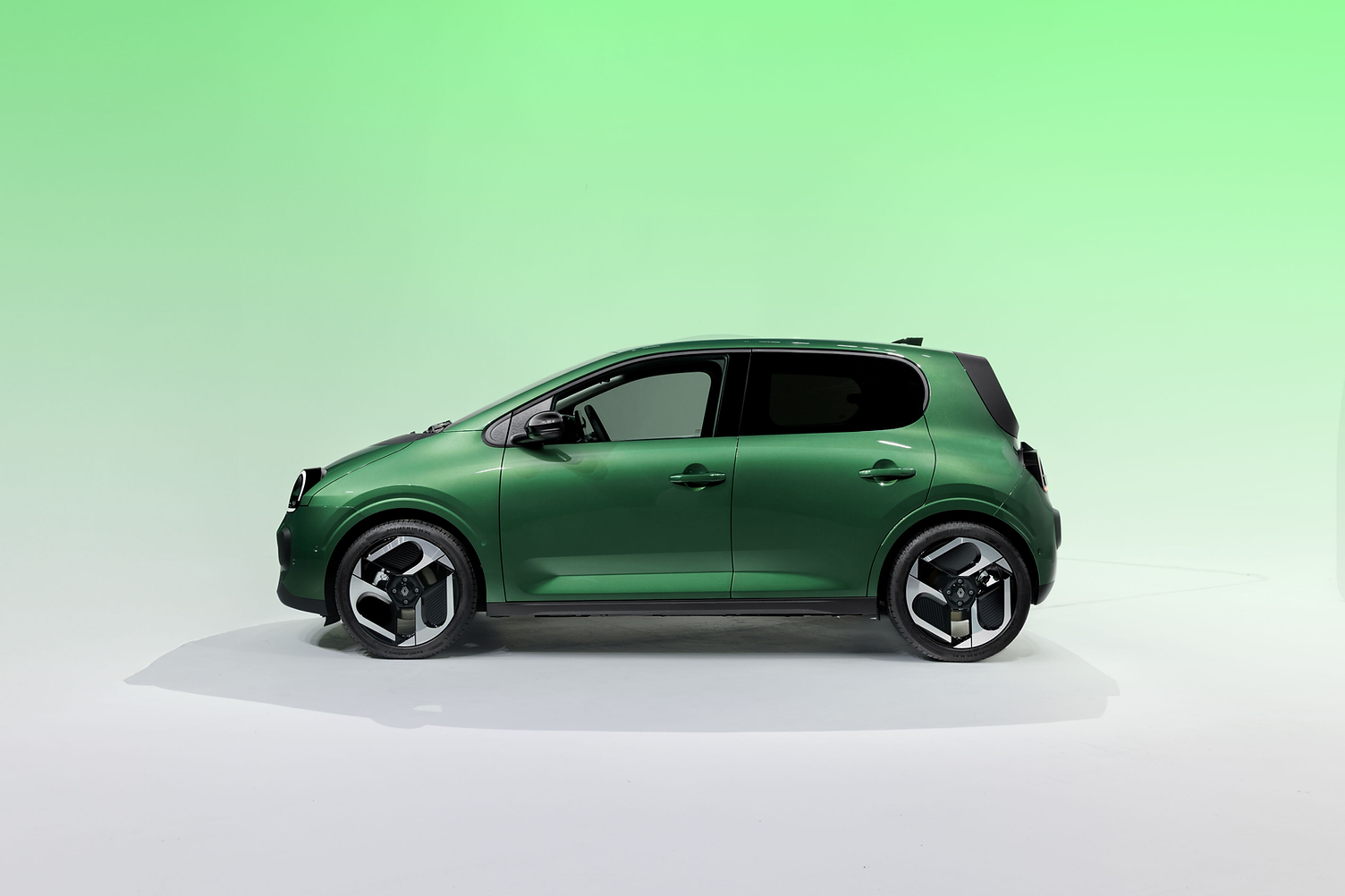


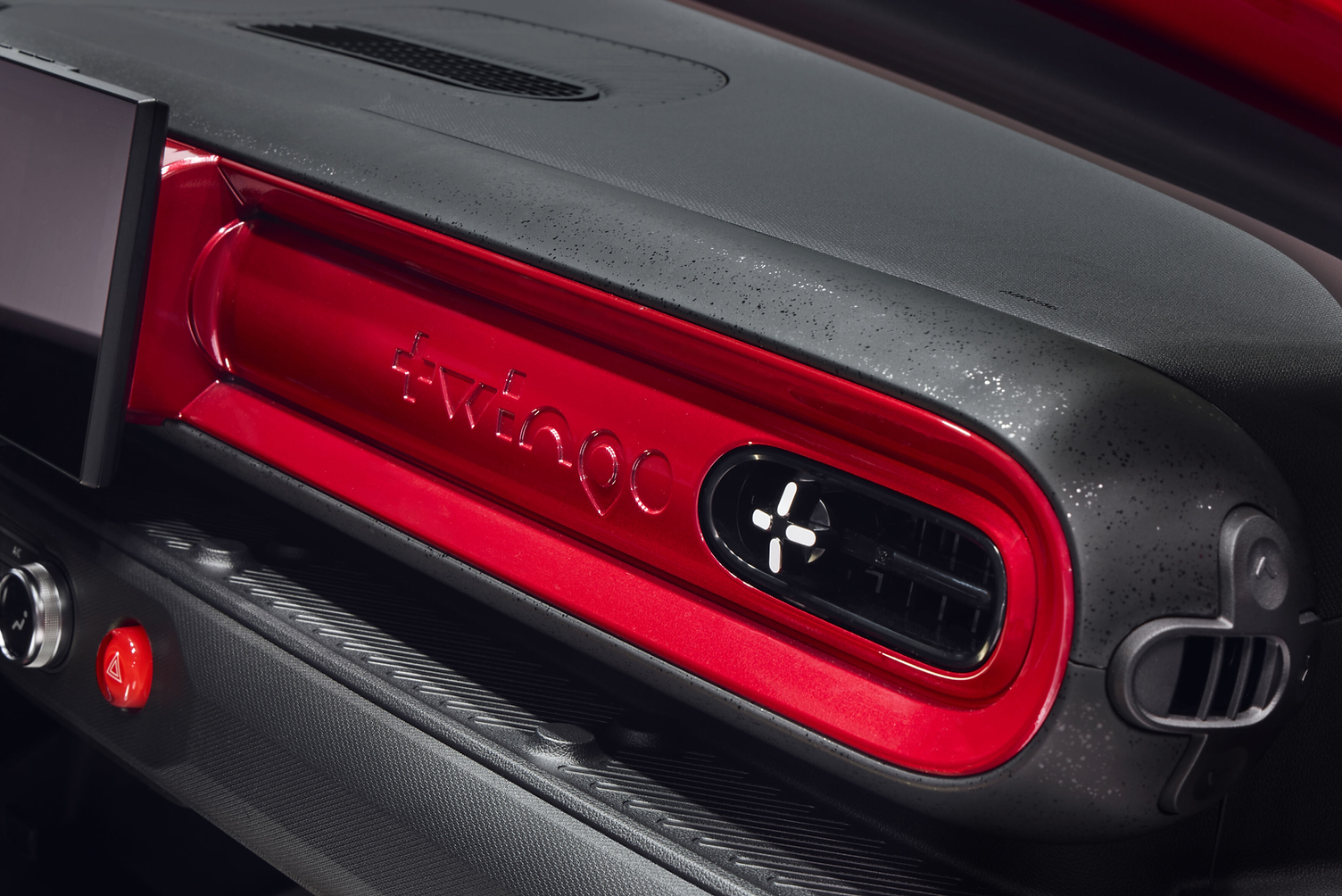


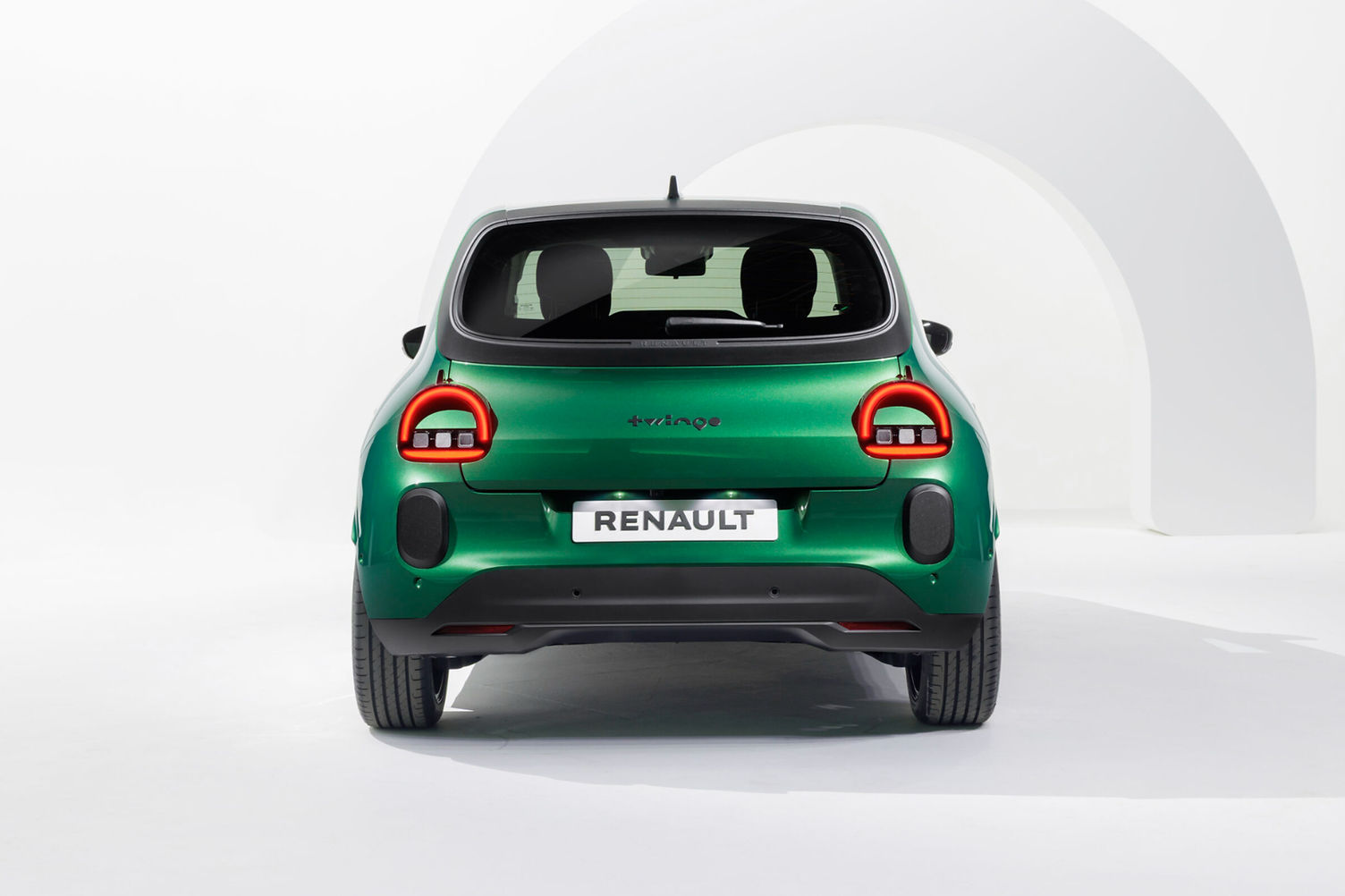


.avif)


.svg)

